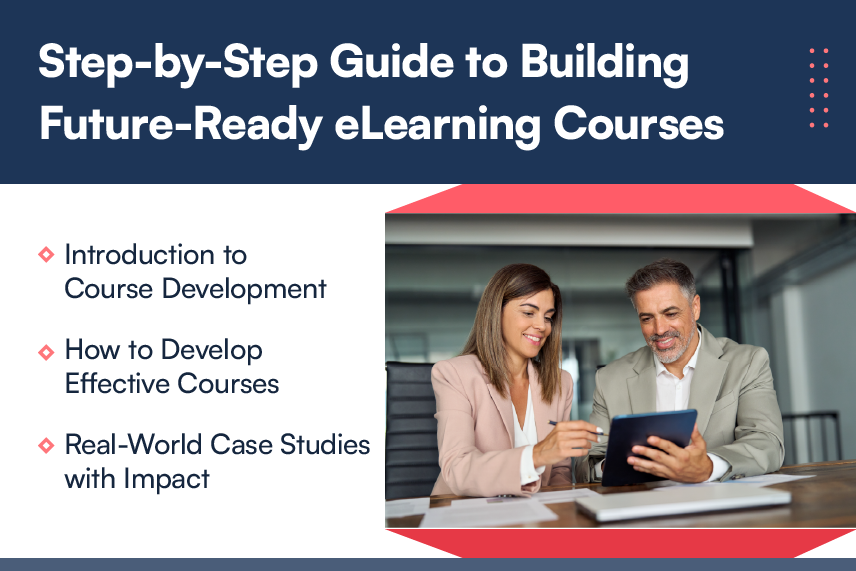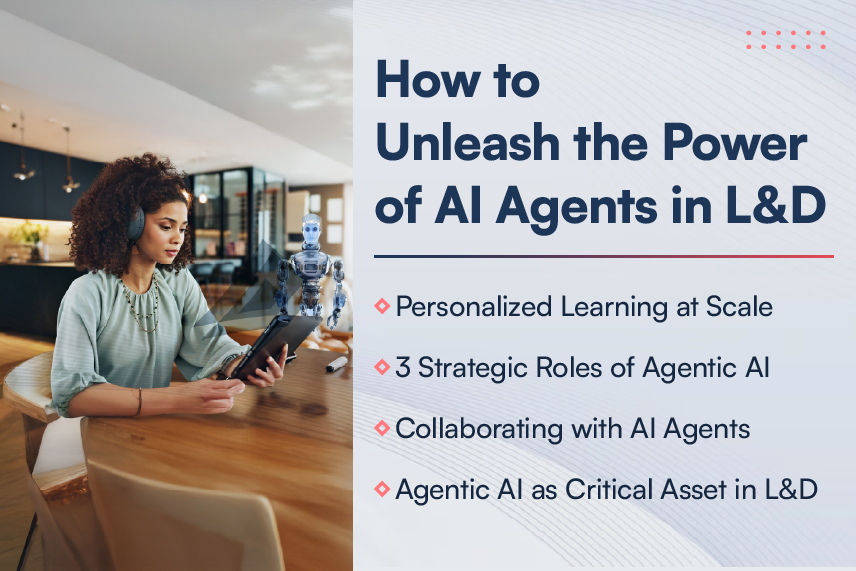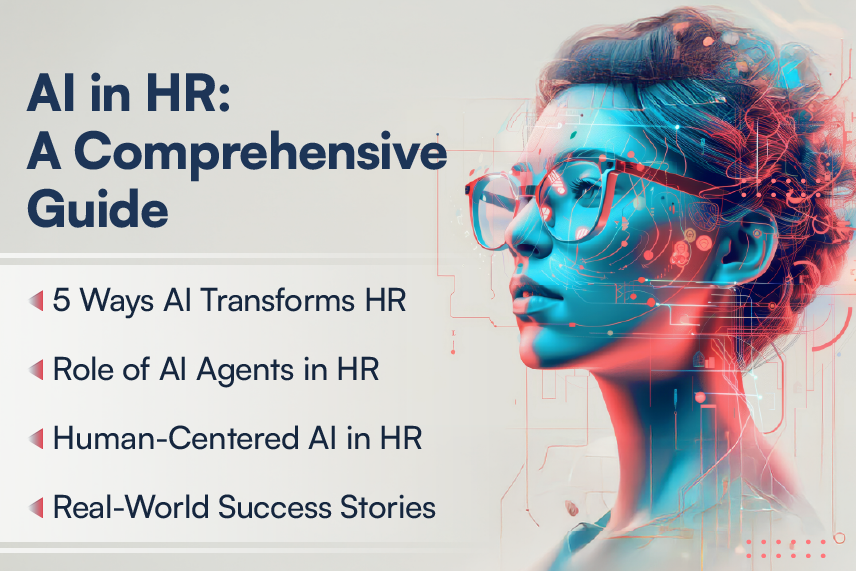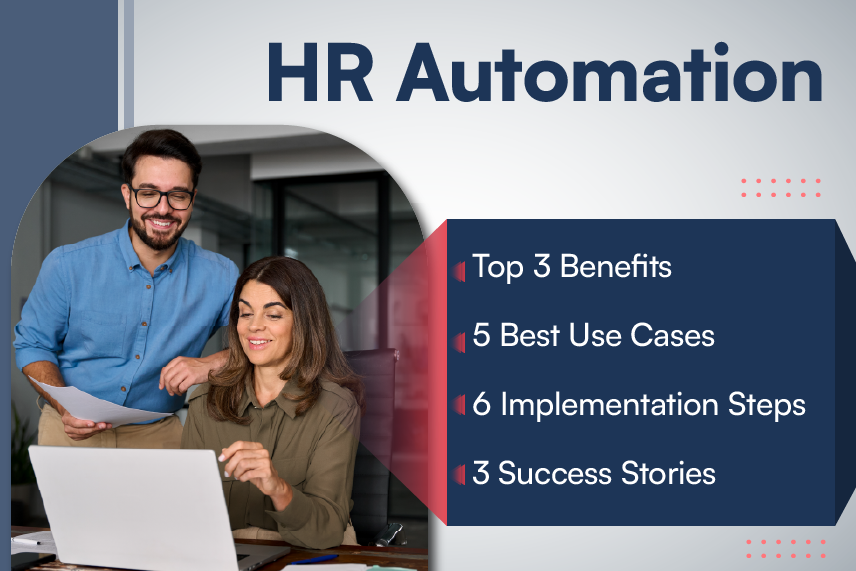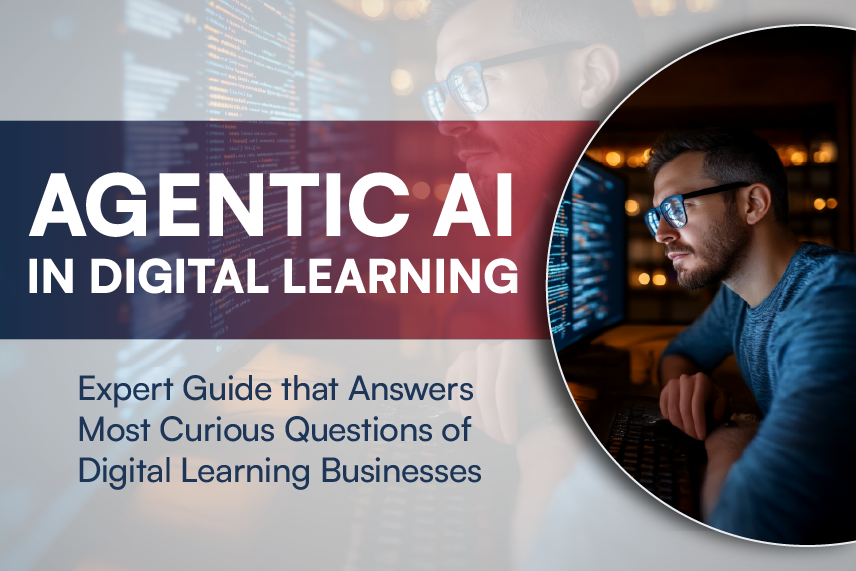In today’s competitive market it is imperative for every organization and employee to be in lockstep with trending technologies. Conventional Learning Management Systems (LMS) administered by the management have proven to be too slow to keep pace with the demands of the modern workforce. More than 75% of today’s workforce comprises of millennials. Their learning style is autonomous. This calls for a paradigm shift in the way LMS deliver content. Learning platforms need to put users, and not administrators, at the center and allow them to discover and establish learning pathways. Learning Experience Platforms, LXP or LEP for short is the next generation learning systems that fulfill these demands.
Why is LMS integration important?
LXP aim at providing a personalized learning experience based on user profiles, aligned with their business and career goals. Content need not be hosted only locally but should be sourced from anywhere on the Internet. Such a platform needs to be orchestrated with multiple technologies and varied learning paradigms – gamification, micro-learning, machine learning, artificial intelligence, and chatbots are some examples.
An LMS, however powerful, can’t do justice to the training needs if it were to rely only on local content. Integration with third-party applications and data sources is an absolute necessity for the next generation LMS to remain competitive in the marketplace. Following use cases illustrate how integration is set to disrupt the learning industry.
Integration with Catalog Products
A simple integration with external services, like YouTube channels, TED talks, MOOCs and articles would allow learners to search and choose content that aligns with their career goals. As the next step, such content can be imported and curated within the platform so that it blends well with the conventional content.
Integration with Performance and Goal management Systems
Goal setting is now an integral part of the modern performance management systems. Learning goals that align with business objectives are the norm. Such learning goals need to be tied with learning paths in the LMS. Integration of LMS and performance management systems will enable automatic goal creation and tracking.
Integration with Analytics Tools
LMS contains a wealth of data ranging from popular courses to individual preferences and performance. To leverage this information for strategic decisions is of vital importance. Following are some useful metrics that LMS integration with analytics tools can reveal.
- What is the level of popularity of different courses?
- How frequently, and when are the courses visited?
- Which regions and units are most and least active on the LMS?
- What kind of support and new content requests are learners making?
- Which is the most and least popular type (medium) of courses?
Integration with Social Networking sites
Integrating LMS with social networking sites opens avenues for marketing. LMS users can share their updates about completed courses on social networking sites at the click of a button. Such posts can help promote the organization’s brand at no extra cost. E-Learning companies could share discount codes, enrollment keys on social networking sites through integration.
Integration with HRMS
Integrating an LMS with an HRMS application would facilitate an instant exchange of course details via web API. LMS reports could be transferred into an HRMS application without the need of accessing LMS. Such tight integration would ensure that all the relevant information about employee credentials and skills is available in real time in HRMS to aid resource allocation and promotion decisions.
The Learning Ecosystem
The overarching objective of integrating an LMS with other information systems is to create a learning ecosystem where each participating system can focus on its core competency and leverage information from others without worrying about the logistics of information exchange.
Every LMS product needs to accord “integration” a top priority. Your development roadmap must lead to a learning ecosystem. Not doing so is not an option anymore.


